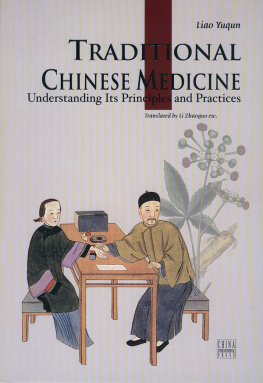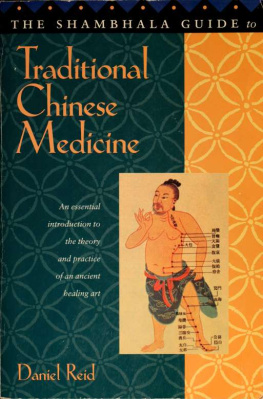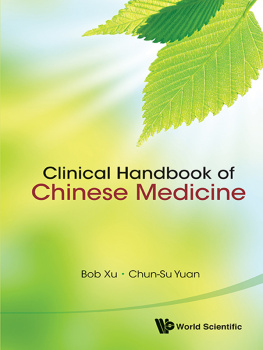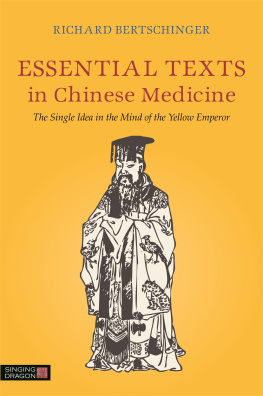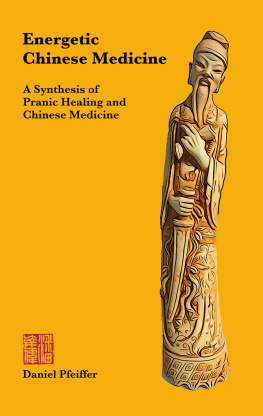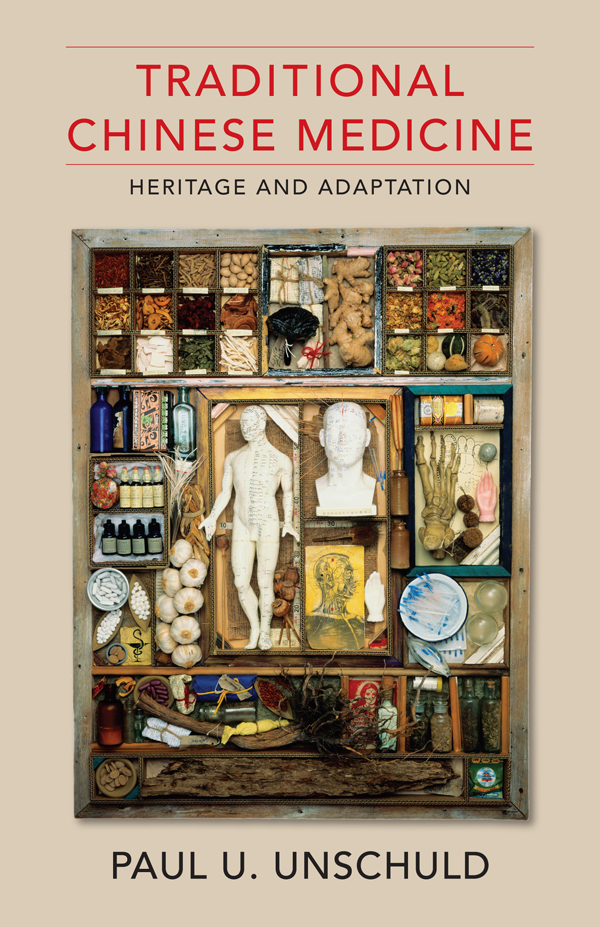Contents
Guide
Pagebreaks of the print version
TRADITIONAL CHINESE MEDICINE
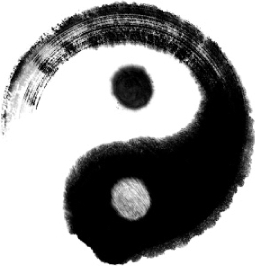
TRADITIONAL CHINESE MEDICINE
Heritage and Adaptation
PAUL U. UNSCHULD
Translated by Bridie J. Andrews

Columbia University Press
New York
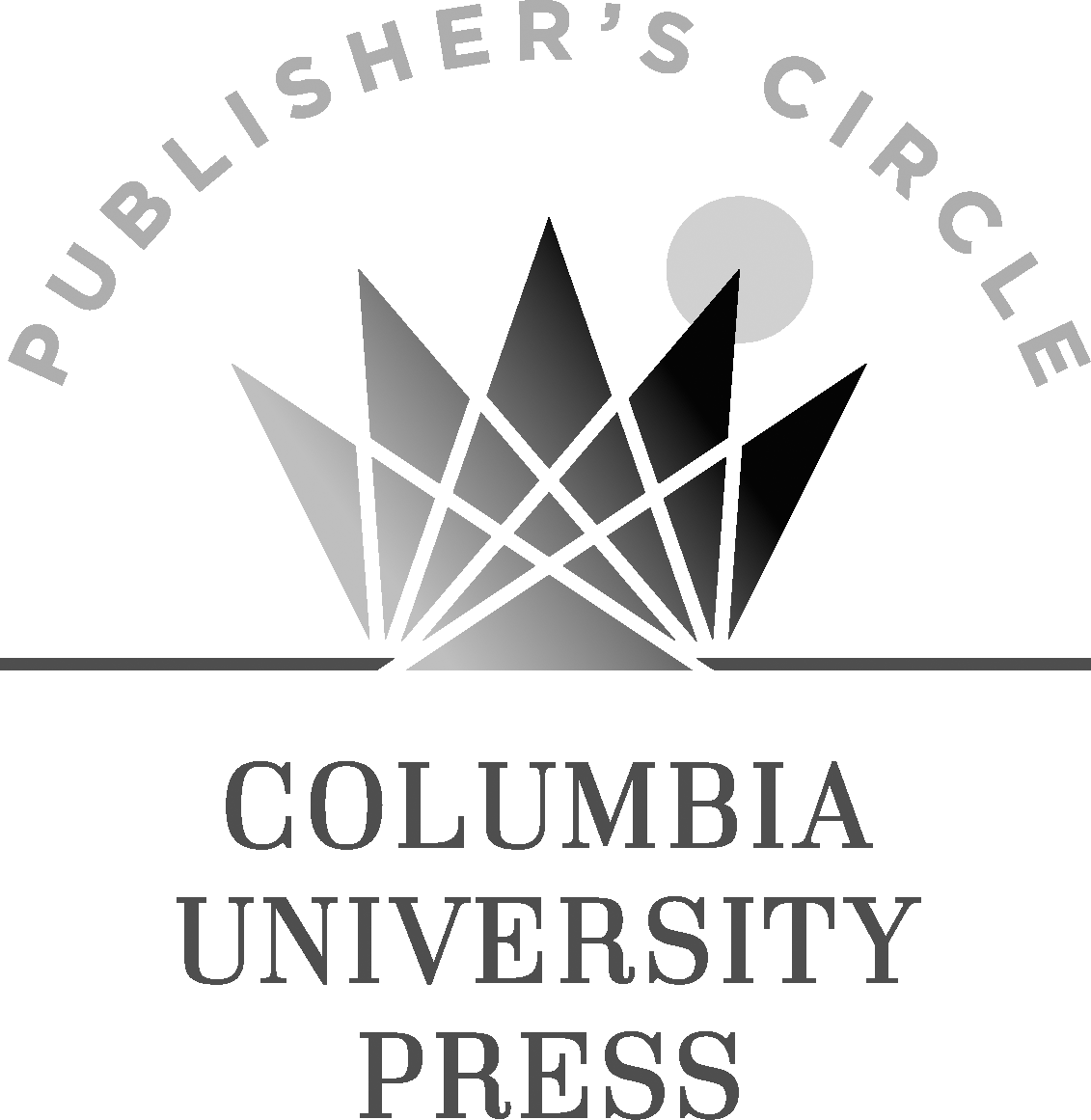
Columbia University Press gratefully acknowledges the generous support for this book provided by Publishers Circle member Josephine Chiu-Duke.
Columbia University Press
Publishers Since 1893
New York Chichester, West Sussex
cup.columbia.edu
Copyright Verlag C.H. Beck oHG, Mnchen 2013
Translation copyright 2018 Columbia University Press
All rights reserved
E-ISBN 978-0-231-54626-3
Library of Congress Cataloging-in-Publication Data
Names: Unschuld, Paul U. (Paul Ulrich), 1943- author.
Title: Traditional Chinese medicine : heritage and adaptation / Paul U. Unschuld ; translated by Bridie J. Andrews.
Other titles: Traditionelle Chinesische Medizin. English
Description: New York : Columbia University Press, [2018] | Includes bibliographical references and index.
Identifiers: LCCN 2017021548 (print) | LCCN 2017022197 (ebook) | ISBN 9780231175005 (cloth : alk. paper) | ISBN 9780231175012 (pbk. : alk. paper)
Subjects: | MESH: Medicine, Chinese Traditional
Classification: LCC R127.1 (ebook) | LCC R127.1 (print) | NLM WB 55.C4 | DDC 10.951dc23
LC record available at https://lccn.loc.gov/2017021548
A Columbia University Press E-book.
CUP would be pleased to hear about your reading experience with this e-book at .
Cover design: Milenda Nan Ok Lee
Cover art: Chave / Jennings Getty Images
CONTENTS
This little book was first published in German in 2013 on request by C. H. Beck. Information on Chinese medicine has been available to interested Westerners since the seventeenth century. It was only in the wake of Henry Kissingers visit to China in 1971 that the modernized version of historical Chinese medicine, so-called Traditional Chinese Medicine (TCM), gained worldwide attention. Since then, there is hardly a small town, not to speak of major cities, in Europe or the United States where no TCM is offered. Clinics have been opened by a most heterogeneous group of practitioners. These may be Chinese citizens with or without prior health care experience in their own country; Korean, Vietnamese, and Japanese migrants; Europeans; or U.S. citizens. They all claim to practice TCM, and yet their educational backgrounds and their competence in acupuncture and Chinese pharmaceutics, massage, dietetics, and other therapeutic approaches differ considerably. Germany, for example, has had a rather multicultural therapy system for centuries. Modern biomedicine may dominate, but Germanys own historical therapeutic heritage has remained lively and sought after by many. Hence it is not a clear-cut antagonism between Western and Chinese medicine that has emerged since the opening of China. Rather, Chinese medicine has joined an already colorful health care scenario. The problem is, hardly anybody in health politics circles knew how to deal with this new arrival. So many questions emerged. How should a practitioners competence be assessed? What is the role of historical Chinese theoretical foundations, such as the yin-yang and Five Phases theories? How much of these foundations are required to practice acupuncture and Chinese pharmaceutical therapy? Why was Chinese medicine defamed by virtually all reformers in the first half of the twentieth century? Has Chinese medicine been a stable system of theory and practice since ancient times, as some claim, or has it been subject to constant modification and renewal based on new insights of practitioners and natural scientists? And, quite significantly, will TCM and Western medicine be contradictory approaches to maintaining health and curing disease forever, or will the two eventually merge into one type of medicine that is superior to its two parents?
These are some of the many questions raised over the past three to four decades. The arrival of TCM in other countries of the Western world poses a public health problem. To solve it, decision makers and the general public need solid information. To take a close look at the history of Chinese medicine and to make available reliable data on its many facets is a challenge I have aimed at responding to ever since the beginnings of my academic career in the Departments of Behavioral Sciences and International Health at the Johns Hopkins School of Hygiene and Public Health in Baltimore in 1980. There I taught courses on Problems associated with the introduction of Western medicine into societies with traditional medical systems of their own. Now the situation has reversed: a foreign traditional medical system is being introduced into virtually all Western health care delivery systems. With this background I began, decades ago, to translate ancient Chinese medical core texts into English in order to offer insights into the beginnings of Chinese medicine. Too little was known in the 1970s and subsequent years on the history of Chinese pharmaceutical lore, Chinese medical ethics, etc. It is very comforting to see how research and publications on these and other issues have expanded in recent years.
The present book offers a concise summary of the history of medicine in China, its close connection with Chinese culture in general and with Chinese politics in particular. It compares basic features of historical Chinese medicine with historical European/Western medicine and shows the departure of TCM from its historical origins. The fall of the Chinese Empire in 1911 and Chinas subsequent quest to regain its former strength by learning from the West and then linking that knowledge with its own cultural assets has deeply influenced the nature of Chinese medicine, resulting in TCM. Recently, a Nobel Prize in Physiology or Medicine has been awarded to a Chinese researcher, the pharmacologist Tu Youyou. This extraordinary valuation has given new impetus to a debate that never really ended in modern China, about the place of tradition in a society that aims to be the most creative industrial nation worldwide by 2049, one hundred years after the founding of the Peoples Republic of China. In December 2016, Chinas top legislature, the National Peoples Congress Standing Committee, passed a law on Traditional Chinese Medicine, giving TCM a bigger role in the medical system The law went into effect on July 1, 2017. In 1915, Japan attempted to impose on China twenty-one conditions of military, economic, and political dependence. One century after this most painful humiliation, marking the apex of intrusions by foreign powers into Chinese territory and sovereignty, China feels strong enough again to reconsider its own cultural, scientific, technological, and medical heritage. I wrote this book to help readers in the United States and beyond to understand the changing Chinese attitudes toward Chinese medicine and develop a suitable reaction to the opening of this health care tradition to the entire world.
Paul U. Unschuld
Berlin, January 2017


